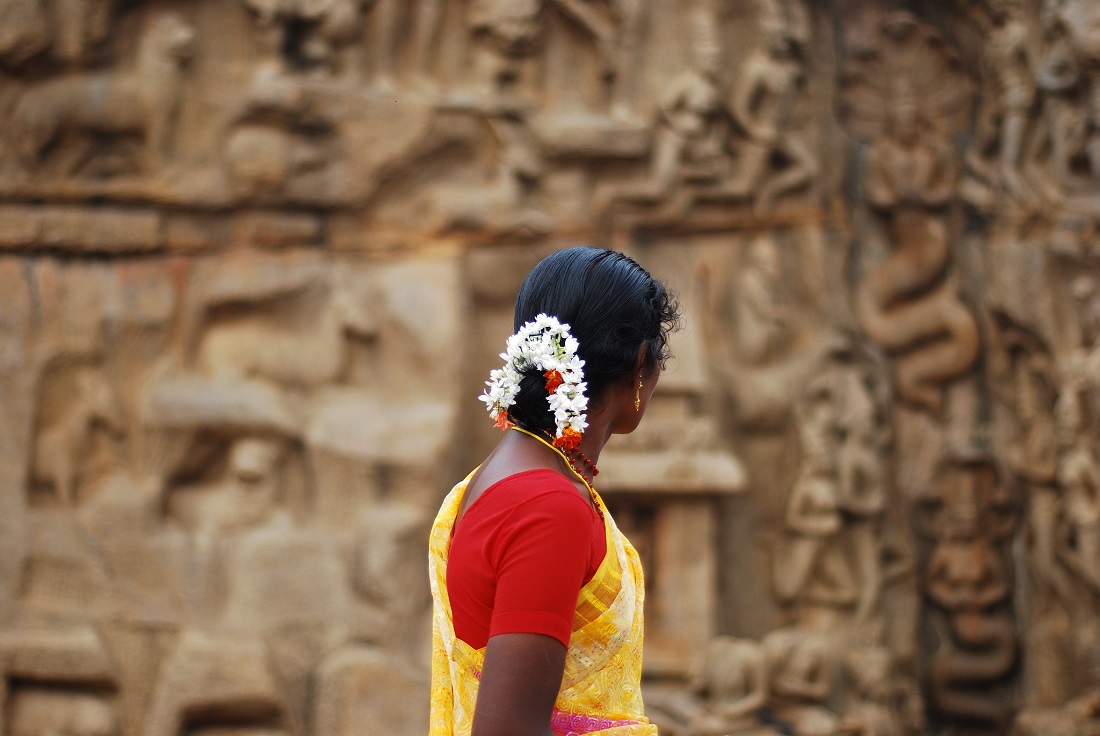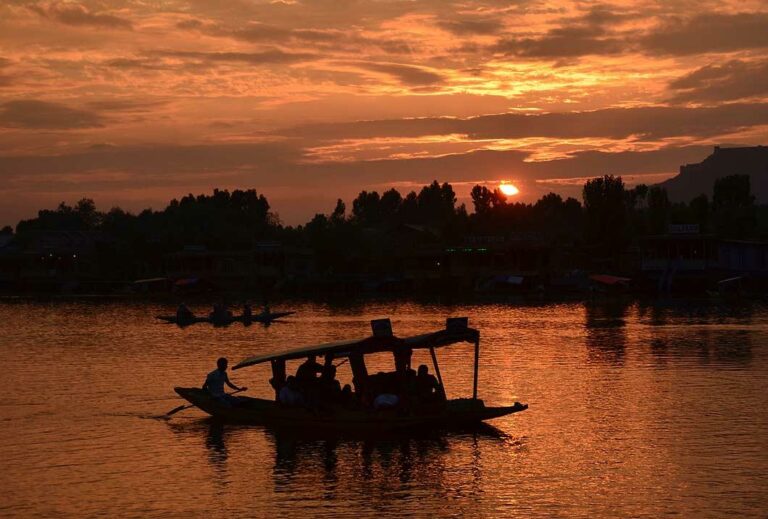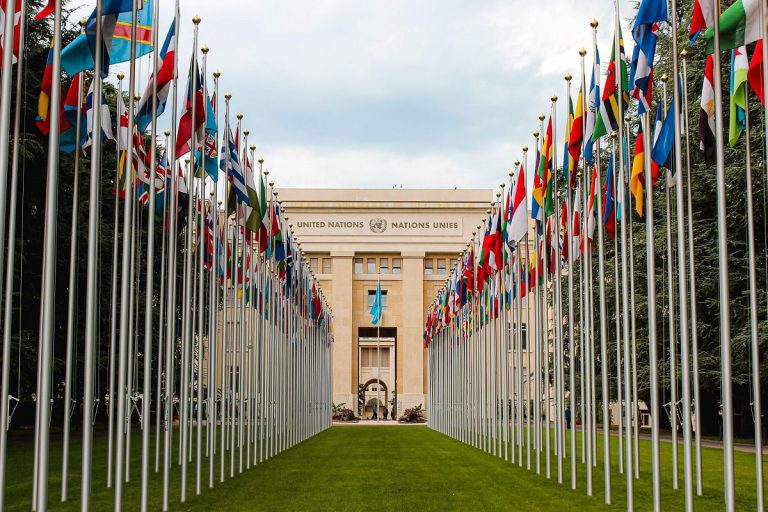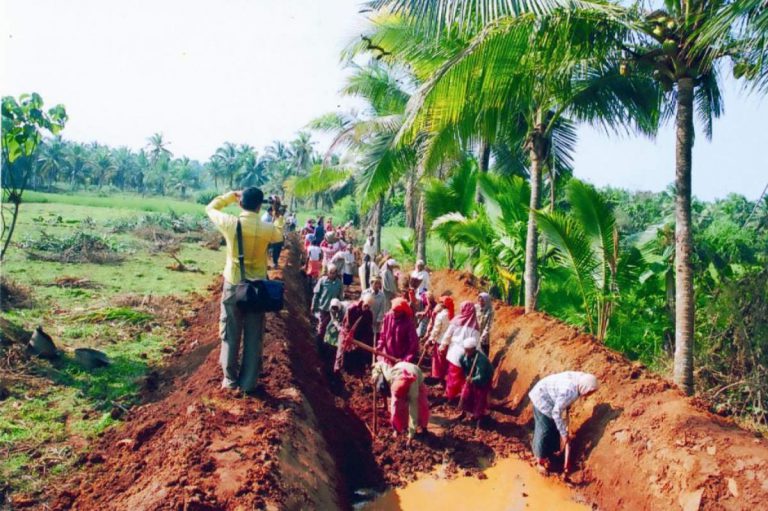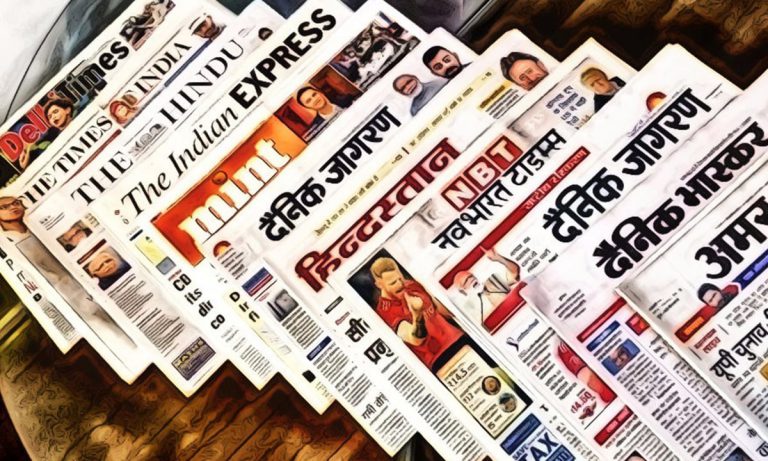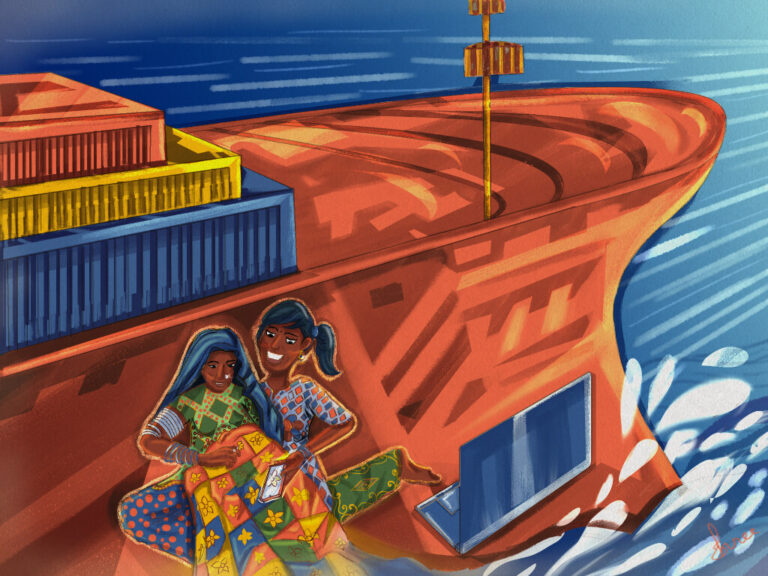Crux of Tamil Nadu elections: Analysing the parties involved
Dwaipayan is pursuing his Master’s degree in International Relations from Jadavpur University, Kolkata .He is interested in public policy, political affairs and International Relations.
The elections to the 16th legislative assembly of Tamil Nadu were held on 6th April 2021 where the electorate voted to elect representatives from 234 constituencies. The polls, held during the ongoing pandemic, saw a 71.79% turnout. The elections of 2021 are extremely significant as the two major Dravidian parties, the Dravida Munnetra Kazhagam (DMK) and the All India Anna Dravida Munnetra Kazhagam(AIADMK), went to the polls without the stalwarts of their respective parties, K. Karunanidhi and J. Jayalalithaa at their helm. Karunanidhi passed away in 2018 while Jayalalithaa passed away in 2016. These two personalities have been the most prominent leaders in the state for the past few decades.
The National Democratic Alliance
The main constituents of the NDA are the All India Anna Dravida Munnetra Kazhagm(AIADMK), the Bharatiya Janata Party(BJP) and the Pattali Makkal Katchi(PMK). There are other smaller parties like Tamil Manila Congress (Moopanar) as well who are contesting in a limited number of seats. The AIADMK alliance was elected to power in 2016 when the Jayalalithaa- led coalition got 40.88 % of the total votes and won 136 seats. The party seeks to retain power and banks on enormous funds in its possession, control of traditional media and an effective social media campaign to highlight the various achievements of the government. The party has left no stone unturned in showcasing the various successes of the government like the announcement of the delta region as a protected zone, the opening of 11 medical colleges, waiver of cooperative farm loans, withdrawal of jallikattu ban, 7.5% reservation for government school students in medical colleges, and establishment of Cauvery Management Board. Other successes include obtaining permission to increase the water storage level in Mullaiperiyar reservoir in Kerala to 142 feet and effective handling of the COVID-19 pandemic. The party has repeatedly highlighted the government’s role in managing the damage caused by cyclones in the past few years, maintaining the law and order situation and distributing milch cows and goats to people. The people of the state are happy with several government initiatives like the distribution of Rs 2,500 each to citizens before the Pongal festival and distribution of laptops, bicycles, books, footwear to students from government schools. The AIADMK hopes to retain its supremacy in the western parts of the state where the Gounder community has a significant presence. Chief Minister Palaniswami belongs to the Gounder community and is expected to be backed by the people belonging to his caste. The withdrawal of V.K. Sasikala, one of the closest aides of Jayalalithaa and a claimant to the Jayalalithaa legacy, from the political arena would help AIADMK retain the “Amma” votes. The BJP, which had gone alone in the 2016 elections and secured only 2.86% votes, has tied up with the AIADMK and is hoping to perform better than last time. It has resorted to its tried and tested means of polarisation in an effort to consolidate Hindu votes. The state has witnessed several trips by prominent central leaders including Narendra Modi, Amit Shah and J.P. Nadda. The BJP and the wider Sangh Parivar have attempted to use all the available local deities in their outreach work. The party took out a ‘vel yatra’ and touched on Lord Murugan’s six abodes. Even though the party’s presence is negligible in the state, it has hopes of doing well in seats like Coimbatore and Tiruppur. The party’s strategy seems to be to woo the backward castes and gain support from Gounder, Thevar, Vanniyar and Nadar communities. BJP has appointed L Murugan, a Scheduled Caste member, as the president of its state unit. The central government has fulfilled the demands of Puthiya Tamilagam, which has a strong base among Pallars in southern Tamil Nadu, to bring Pallars and six other Dalit sub-castes in the Scheduled Caste list under Devendrakula Vellalar. The state government passed a Bill in the penultimate session of the Assembly giving 10.5% reservation to the Vanniyar community within the 20% reservation for the Most Backward Classes (MBCs) in education and employment. This was a long-standing demand of the PMK which has a strong presence among the Vanniyar community. The Vanniyar community has a significant presence in northern Tamil Nadu and the NDA alliance hopes that this community will support them in that part of the state where the DMK is very strong.
However, the alliance has to encounter several problems. Factionalism is rampant in AIADMK as both Chief Minister Palaniswami and Deputy Chief Minister O. Panneerselvam are eying the top post. The absence of Jayalalithaa is expected to hurt them. The alliance with the BJP, which is predominantly a north Indian party, has not gone down well with many citizens. The opponents of the alliance have criticised AIADMK for being a “proxy government” and selling out Tamil pride in order to latch onto power. The reservation status of Vanniyars may result in the consolidation of votes of all the other castes who feel that the Vanniyars are being given special treatment. AIADMK’s flip-flop on CAA has antagonised many voters. The BJP had tried to enter the state on the back of Tamil superstar Rajinikanth. However, his withdrawal from the political arena has severely dented the party’s prospects.BJP itself has several factions which are trying to establish themselves. Many observers believe that Sasikala is waiting in the wings to take over the party in the coming future.
The Secular Progressive Alliance
The alliance is headed by the DMK and also constitutes of other parties like the Indian National Congress (INC), Viduthalai Chiruthaigal Katchi(VCK), Indian Union Muslim League (IUML), Marumalarchi Dravida Munnetra Kazhagam(MDMK), Manithaneya Makkal Katchi(MMK), Kongunadu Makkal Desiya Katchi(KMDK), Communist Party of India(CPI) and the Communist Party of India (Marxist) (CPIM). There are also a few other smaller parties in the alliance. In 2016, the DMK got only 1.03 % votes less than the AIADMK and had to sit on the opposition benches. This time it has formed an alliance with parties like VCK, CPI, CPI (M) and MDMK which had cut into the anti- AIADMK votes and hurt DMK’s chances in 2016. The alliance has announced M.K. Stalin as its Chief Ministerial candidate. He has campaigned extensively in the state and has highlighted the failures of the state and central governments. The DMK has promised to lower the state’s taxes on petrol, one-year maternity leave and free bus pass for women and a number of pro-poor schemes if it is elected to power. Other promises include a live telecast of proceedings of the legislative assembly, setting up special courts to fast-track cases involving AIADMK Ministers, urging the Commission probing Jayalalithaa’s death to complete its enquiry and submit the report at an early date and introducing schemes for the revival of agriculture. The alliance has highlighted the hike in the price of petrol, diesel and LPG cylinders and the impact it has had on regular households. The DMK is banking on its past outstanding achievements and the legacy of Karunanidhi. The party has an army of dedicated followers and workers. It boasts of a very strong organisational set-up and has a number of strong local leaders. The party has successfully mobilised the youth using social media. The alliance secured 37 out of 38 seats in the Lok Sabha elections of 2019 on an anti-Modi agenda. This gives them the belief that they will come to power in 2021. The Congress has a few big leaders like K.S.Alagiri and P.Chidambaram who wield considerable influence in some constituencies. Congress leader Rahul Gandhi enjoys a lot of popularity in the state as seen by the huge attendance in his rallies throughout the past few years. The VCK led by Thol. Thirumavalavan is a caste-based organisation that traces its root to the Dalit Panthers Iyyakkam. The party has a strong voter base among Dalit, Christian and Muslim communities. The MMK has a lot of influence among Muslim voters in northern and central Tamil Nadu in constituencies like Vellore and Ranipet. The MDMK led by Vaiko and the communist parties will help in the consolidation of anti-AIADMK votes for the alliance.
There are a lot of problems in this alliance as well. The opponents of DMK have tried to paint the party as an anti- Hindu and anti- Dalit party. Loose talk by a few leaders like R.S. Bharathi has not helped their cause. The party will face stiff competition from PMK in the northern parts. Opponents of the alliance have criticised the party for encouraging dynastic politics. They have highlighted the various scams involving the DMK leaders like the 2G scam and Aircel-Maxis scam. DMK has a tainted image and has to battle allegations of rowdyism, land grabbing and corruption. The party has several factions with many local leaders having political ambitions. The Congress’ performance as an alliance partner has been raised by many DMK leaders. The seat-sharing talks saw many heated confrontations among the various allies. The smaller allies rely heavily on the DMK’s sun symbol as they do not have strong organisational setups.
Other Fronts
The demise of Jayalalitha saw the birth of Amma Makkal Munnetra Kazhagam (AMMK) which is led by T.T.V Dinakaran, the nephew of Sasikala. The party had cut into AIADMK’s vote share in the Lok Sabha elections and secured 8.46% votes. It is expected to get a fair share of “Amma” votes, which would otherwise have gone to the AIADMK. Dinakaran belongs to the powerful Thevar community which has a significant presence in southern Tamil Nadu. Even though Panneerselvam belongs to the Thevar community as well, Dinakaran is their first choice. The community feels betrayed by AIADMK and is expected to vote in favour of AMMK. However, the party is expected to only ruin AIADMK’s chances in southern Tamil Nadu and the delta region and not be a major player in government formation due to lack of resources and organisational set-up. The Desiya Murpokku Dravida Kazhagam (DMDK) quit the NDA as the party was dissatisfied with the number of seats offered. It joined hands with AMMK. The party is led by popular movie star Vijayakanth. It enjoys considerable popularity among socially and economically backward Dalits and OBCs. The Telegu Naidu community, which is the community of Vijayakanth, is expected to back him. However, Vijayakanth has not been able to campaign due to his ill health which will hamper the party’s prospects. Two Muslim parties, the All India Majlis-e-Ittehadul Muslimeen(AIMIM) and the Social Democratic Party of India(SDPI) are also in the alliance. AIMIM considers both Congress and BJP as problematic parties. These two parties are hoping to cut into DMK’s share of Muslim votes.
Makkal Needhi Maim (MNM) is the youngest party in the block and was started by popular Tamil actor Kamal Haasan. The party has allied with insignificant parties like Indhiya Jananayaka Katchi (IJK) and All India Samathuva Makkal Katchi led by R Sarathkumar. The party has promised a lot of welfare schemes and is heavily dependent on Haasan for any electoral success. It is fighting elections on anti-BJP and social progress planks. It is popular among the youth in urban areas. But it lacks support in rural areas and could get only 3% votes in the last Lok Sabha elections. Many of its promised schemes have been appropriated by DMK and the voters are expected to prefer a bigger party over MNM.
Naam Tamilar Katchi (NTK) led by Seeman is another small party that is popular among the youth and pro-Tamil people. It espouses Tamil nationalism and the reservation of jobs for locals. The party has been criticised for dilution of purpose, growing caste rigidity and authoritarian behaviour of Seeman.
Even though there are many small parties involved, the election is primarily a two-horse race. A defeat for DMK would be a serious setback to Stalin as the party has been out of power for a decade. An AIADMK defeat could result in the disintegration of the party. Thus, the election results on 2 May could alter the landscape of the southernmost state of India.


